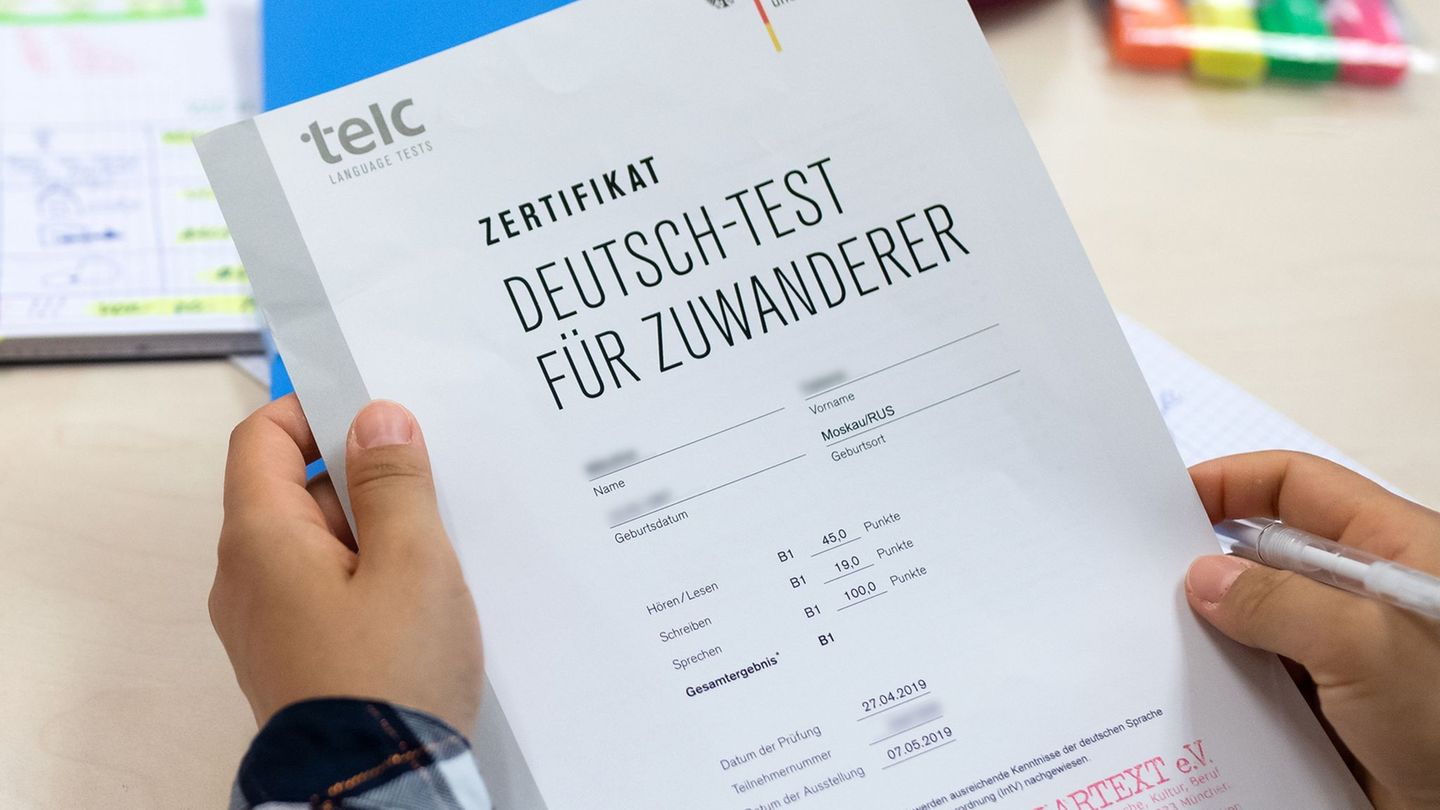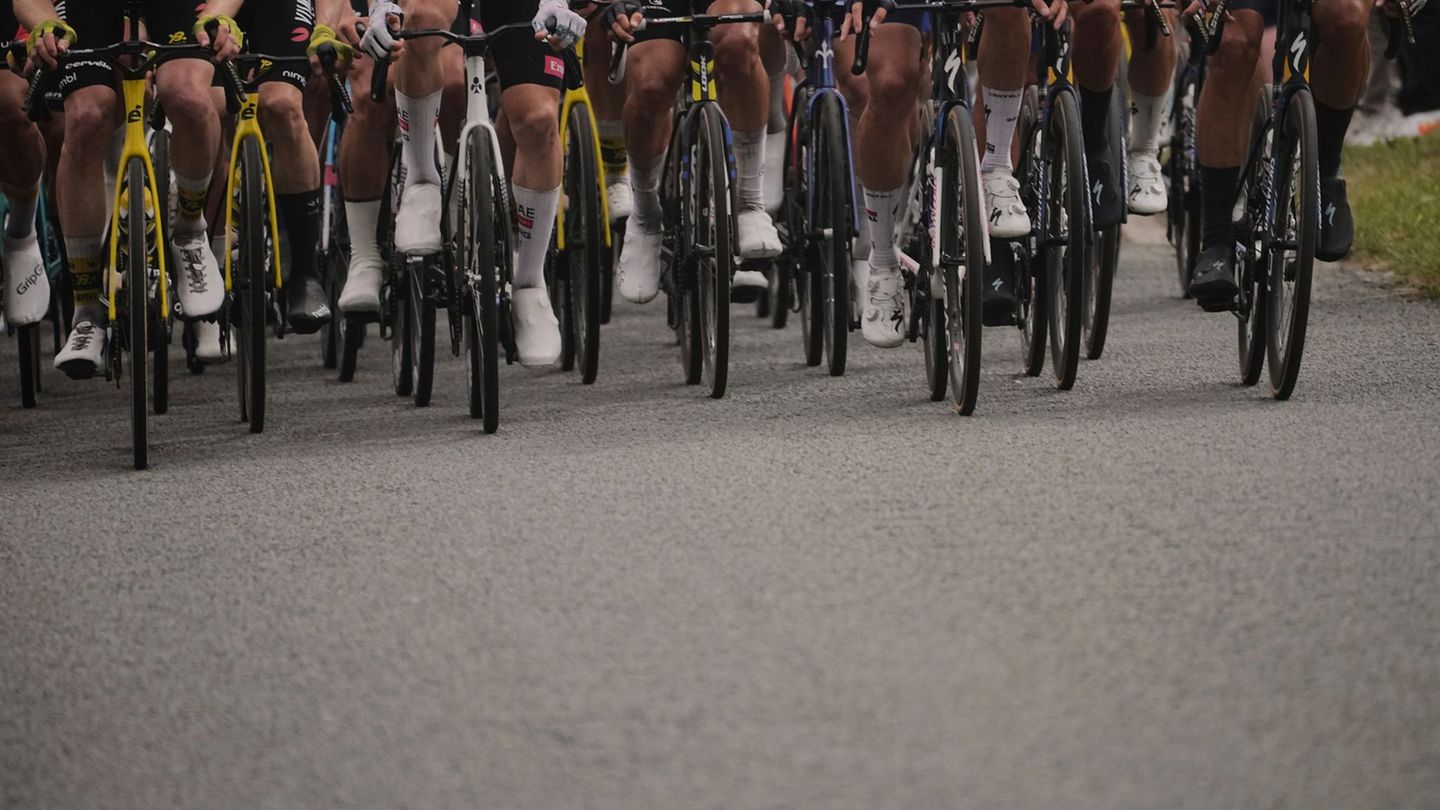The longer Russia’s war against Ukraine lasts, the greater the differences within the EU. Is the unity crumbling?
Chancellor Olaf Scholz and the other EU heads of state and government spent around eight hours on the first day of their summit meeting in Versailles, France, about how to proceed after Russia’s attack on Ukraine.
Countries like Latvia made it clear that they no longer considered Germany’s refusal to stop imports of Russian energy to be acceptable. Opinions also differed on how to deal with Ukraine’s application for quick EU accession. Here, too, Chancellor Olaf Scholz was on the side of those who braked. After a long night at the summit, the first cracks appeared in the bloc of states that had previously acted as one.
Chancellor Scholz under pressure
Scholz was under pressure mainly because of his refusal to stop imports of oil, gas and coal from Russia. “I am convinced that we should take the decision to stop energy imports from Russia in order to bring (Russian President Vladimir) Putin to the negotiating table and end the war,” said Latvian Prime Minister Krisjanis Karins. The President of the European Parliament, Roberta Metsola, stressed the need to send a clear message and restrict Russian exports.
Both sided with countries like Poland and Lithuania, which had already spoken out in favor of such a step. This is intended to deprive the Russian state of its main source of income for financing the war against Ukraine. According to estimates by the Brussels think tank Bruegel, the EU countries currently spend around 420 million dollars (380 million euros) on Russian gas and almost 400 million dollars (362 million euros) on oil from Russia. This is mainly due to the fact that countries such as Germany, Austria and Hungary cover a large part of their energy requirements with supplies from Russia.
Scholz said on Monday: “There is currently no other way to secure Europe’s supply of energy for heat generation, for mobility, for power supply and for industry.” At Versailles, he said that when considering sanctions, one considers very precisely how to persuade the Russian government to end the war. At the same time, it is important to ensure that the effects in Europe are as small as possible. “We should continue to pursue this course.”
Scholz received support from Austria’s Chancellor Karl Nehammer. “Austria cannot now say that we are doing without Russian natural gas, we need it,” said the conservative politician on Friday night after the first day of the summit. In the summit statement published early Friday morning, it was finally said in general that one was ready to act quickly with further sanctions.
Differences on Ukraine’s accession to the EU
Tensions were also evident at the summit over the question of how to deal with Ukraine’s desire for quick accession to the EU. The Dutch Prime Minister Mark Rutte gave the request a clear rejection. “There is no such thing as accelerated accession,” he said. His Luxembourg colleague, Xavier Bettel, said he was not a rule fetishist, but that there were conditions for joining the EU. Chancellor Scholz made a similar statement. “It is very important that we continue to pursue the things that we have decided in the past,” he said.
After the first day of the summit, Slovenian Prime Minister Janez Jansa said that opinion was divided. The majority see that Ukraine is at war and people are fighting for their lives, others are still debating the procedure. On Friday night, Ukrainian President Volodymyr Zelenskyy spoke of the “final test for Europe” with regard to the accession issue. He believes “that our people, our state, our army have already done everything to see us there among equals, to invite us there,” he said in a video message.
However, no concrete commitments were made to Ukraine in the final declaration. Instead, it just says that Ukraine belongs to the European family. At the same time, countries such as Estonia and Lithuania had urged that Kyiv should be made more accommodating.
More arms deliveries from the EU
Instead, the Ukrainian armed forces could get more weapons and equipment from the EU. According to EU Council President Charles Michel, Foreign Affairs Commissioner Josep Borrell proposed to the heads of state and government at the summit to mobilize 500 million euros for additional supplies. A first package of 500 million euros had already been approved at the end of February.
Effects of the war on the European economy
Another hot topic at the two-day summit is how to deal with the effects of the war on economic development in the EU. France has brought up the idea of adopting a debt-financed support program, as it did during the Corona crisis. This could therefore help to cushion the consequences of the current increase in energy prices, but also promote investments in defense projects. Countries like Germany and the Netherlands do not consider this necessary at the moment and point out that the 800 billion euro Corona aid package should first be used up.
Italian Prime Minister Mario Draghi, on the other hand, was open to the French proposal. “Italy and France are also completely aligned on this front,” Draghi said.
EU Commission President Ursula von der Leyen announced at the summit that she intended to propose a temporary cap on energy prices. It is therefore a matter of limiting the “contagion effects” between gas prices and electricity prices.
Source: Stern
David William is a talented author who has made a name for himself in the world of writing. He is a professional author who writes on a wide range of topics, from general interest to opinion news. David is currently working as a writer at 24 hours worlds where he brings his unique perspective and in-depth research to his articles, making them both informative and engaging.



